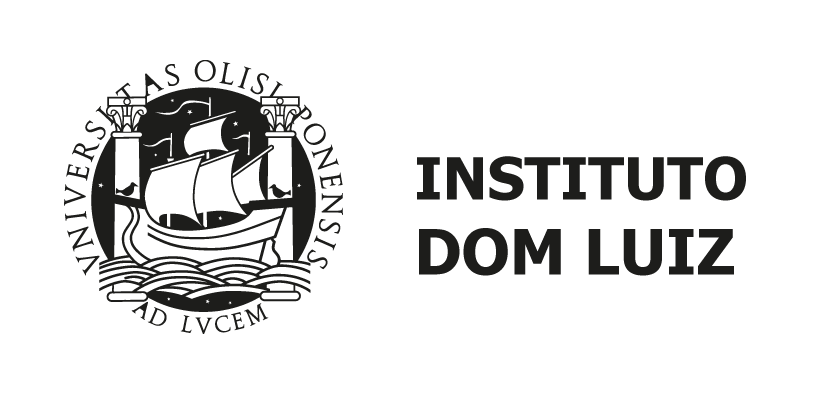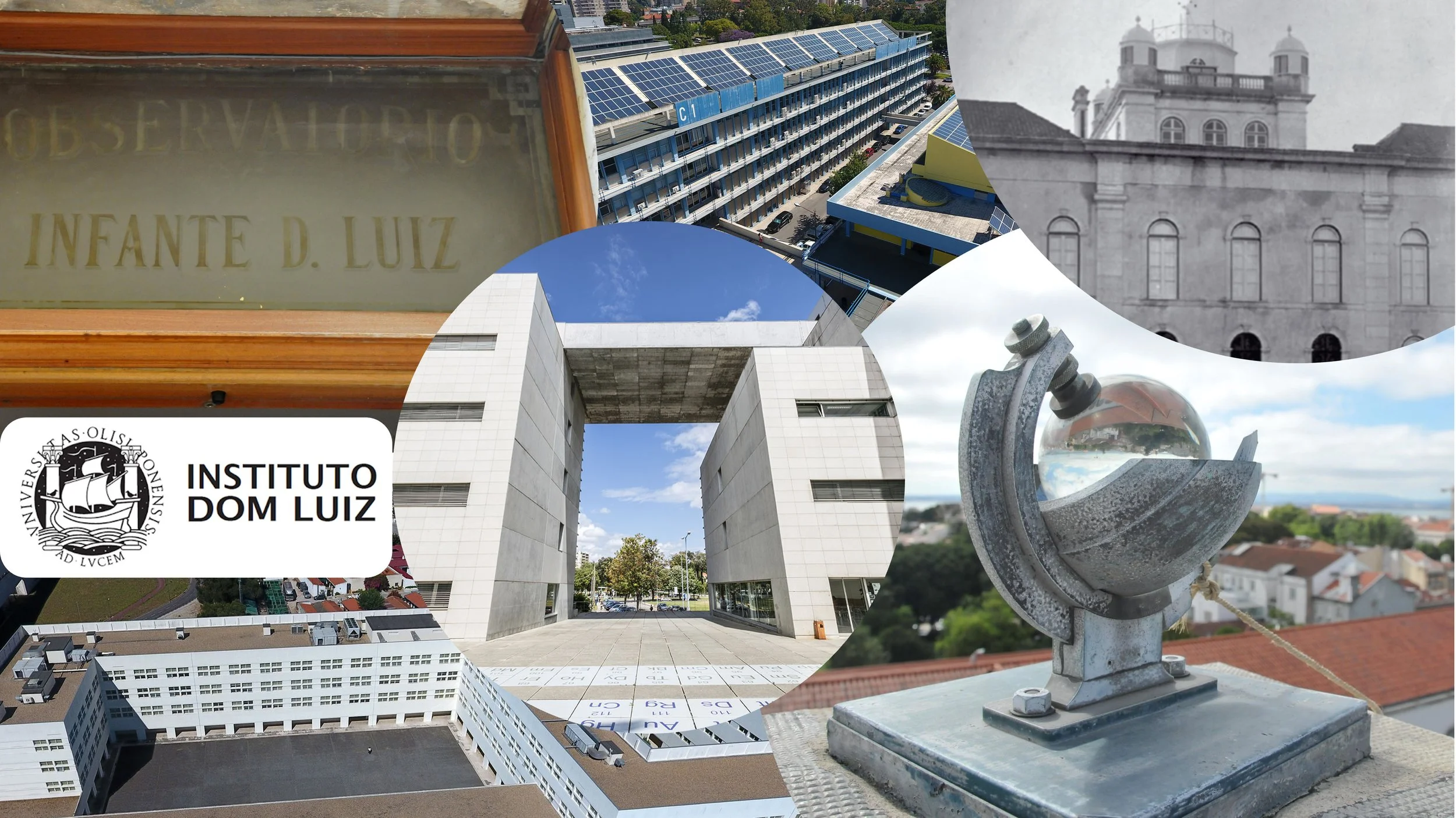Established in 1853 as the first Portuguese Meteorological and Geophysical Observatory, Instituto Dom Luiz (IDL) has developed into an integrated Earth System Institute, with research in solid Earth, Ocean and Atmospheric processes, their interactions, and their relevance for a sustainable society. IDL hosts a vibrant community, that include Geologists, Physicists, Mathematicians and Engineers, pursuing research within international collaborations, all focused in contributing to leading scientific journals in their fields, from geological to human timescales.
Mission
Instituto Dom Luiz is an Associated Laboratory based at the Faculty of Sciences of the University of Lisbon (FCUL). First established in 1853, it has since been a leading institution carrying out excellent Earth and Environmental Science research in a wide variety of domains, establishing and strengthening numerous key international partnerships and gaining ever-growing recognition. IDL presently counts 108 full-time integrated researchers, and 76 PhD students, from 5 Universities, one Polytechnic Institute and several strategic State Laboratories and Agencies.
IDL is driven by the pursuit of excellent research, favouring a quantitative-integrated approach to the understanding of Earth’s dynamics, while simultaneously attempting to provide impactful answers to Present-day major societal challenges.
IDL’s vision for the next decade is based on the assessment that urgent significant progress in all spheres of Earth Sciences is of ever-increasing importance for human societies, to face the dire challenges ahead posed by the need to adapt to a warming planet, and to mitigate the unavoidable consequences of such warming. Such efforts will forcibly demand a sustained rational exploration/exploitation of new geo-resources, and the urgent acceleration of a global energy transition program towards renewable sources.
IDL strategy to face these near future challenges is based on clear research priorities and complying cutting edge methodological approaches.
IDL research priorities comprise a transversal articulation of three main research lines: i) Climate Change, monitoring/modelling its evolution to contribute to its international predictive effort, and to fully explore mitigation & adaptation solutions; ii) Natural Hazards, integrating different spatio-temporal scales of analysis of Earth’s atmosphere and oceans, lithosphere and mantle dynamics processes, to understand and better predict different types of Natural Hazards, and to better prepare, mitigate and adapt to its (foreseen) increasingly dire consequences in human societies; iii) Geo-Resources and Energy Transition, exploring new ways of integrating new technologies and geoscience concepts, to comply with the urgent need of a generalized sustainable use of energy resources, water and raw materials.
Methodologically, IDL bases its research on a solid expertise in analytical studies, direct field observation, data acquisition, theoretical development and modelling. This often involves the combination of lab work, different modes of specialized/thematic geological fieldwork, and the acquisition of different types of geophysical data (both independently and through national and international partnerships). Resulting databases are increasingly analysed using automated edge-research methodologies, including big data analysis and machine learning, which sustain meaningful realistic geo-modelling at different spatio-temporal scales (from human to geological, e.g., atmospheric/climate modelling and geodynamic modelling).
IDL champions a cross-discipline Earth-system approach to the wide diversity of fields and interlinked scientific domains transversal to Earth Sciences (Meteorology and Climate, Geology and Solid Earth Geophysics, Physical Oceanography, Geodesy, Hydrology, Environmental Science and Engineering). Given this broad scope and integrative position, IDL is uniquely suited to diagnose key Earth-system natural problems and to provide innovative and impactful societal answers.
IDL is presently structured in four main research groups, sharing a high degree of research complementarity, and focusing on the general domains of Atmosphere, Ocean, Solid Earth and Energy. IDL is based at FCUL, comprising the largest national community of Earth Science students, and benefiting from FCUL’s administrative support and modern set of shared infrastructures, besides the modern logistic and infrastructural facilities of its other partner institutions.

